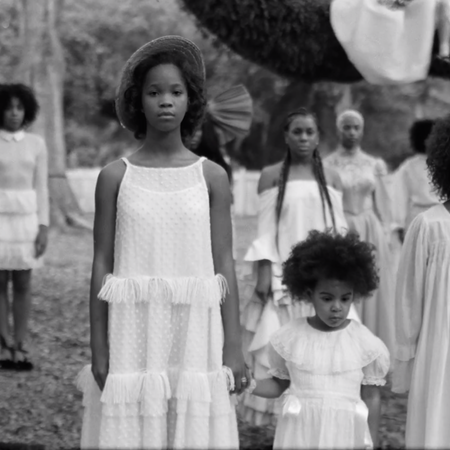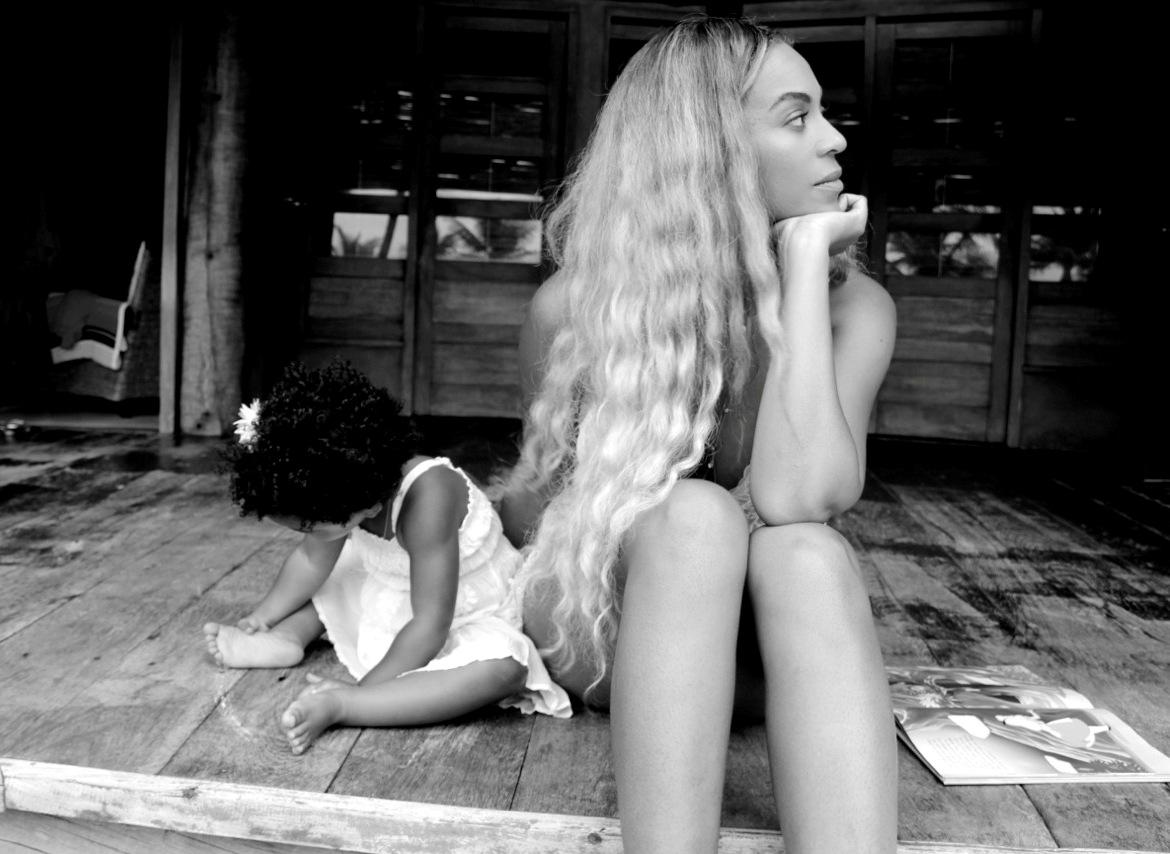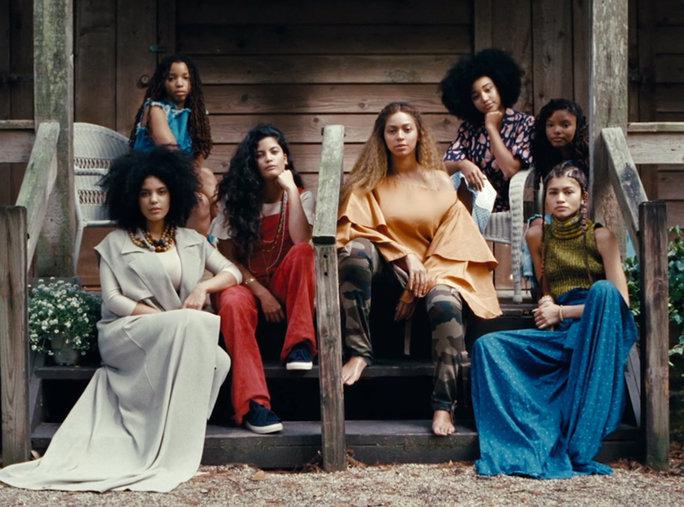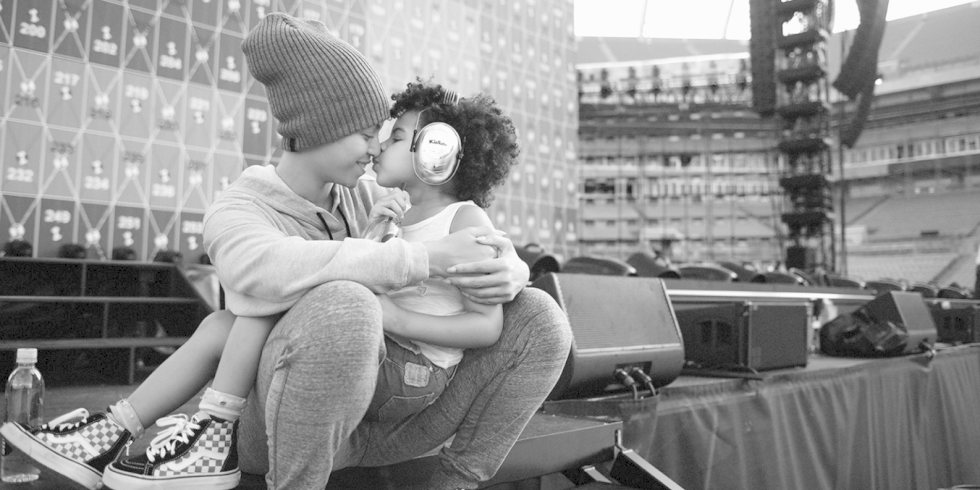By: Kristen N. Pender
What a time to be both a Black girl and alive. Variations of this line have been tweeted over and over again since the evening of April 25th 2016 when Beyoncé dropped the game changing visual album, Lemonade. As we experience the lingering effects of the Lemonade apocalypse, powerful think pieces and literary breakdowns capturing the visual album’s glory, overflow on the Internet in abundance. Personally, many contributions found in the #LemonadeSyllabus have stimulated me both emotionally and intellectually.
As proud Black woman myself, I have been cheering and ‘yaaaaaaas-ing’ in unity with Black and Brown folk online over Bey’s newest work. But as much as I feel the rise in intensity of #BlackGirlMagic online, my heart aches as I witness the lack of this magic in some real–life spaces that desperately need the glow—specifically within small groups of young Black girls.
Everyday I am immersed in the twisted culture of African-American and Caribbean-American children with my work as a Counselor for an afterschool program in a predominately Black community in south Florida. I have the pleasure of witnessing some of the cutest Black child behaviors, from breaking out in unison to dance to ‘Hit the Quan’ to practicing code switching, unknowingly aware of the existence of this concept. In these moments I ponder on the wonders of Black childhood innocence and just smile.
Unfortunately, beauty often does come with pain. These same melinated cherub-like babies have already begun to develop bad habits rooted in oppression. The little Black girls I work with voice anti-Black sentiment, ostracize each other according to parameters of colorism, and compete with each other for male attention.
When the melodious sounds of Black girl laughter has fallen quiet, echoes of oppression taint the air. These little beings I love so much, beautiful Black girls ranging in hues of brown, insist on being immersed in all things Eurocentric. Even through my dedication to search for and read specific books that feature PoC narratives written by PoC authors, they refuse Blackness, like a body in need does to an incompatible organ. Their suffering is beyond their control.
The first time this happened I was reading a book about a Black family’s trip to the grocery store. Two little Black girls looked me straight in the eye and begged for a different book that showed only white people. They said:
“I don’t want to read about Black people!”
“Black people are ugly and have nappy hair!”
“I want to see White people!”
“White people are pretty, duh!”
Keep in mind that young children under the age of 6 have brought life to these statements; little girls who are developing as Black womyn. They have internalized instances of racism and colorism in their homes and in their communities. With this, they try to make sense of themselves in respect to the world they live in.
It’s been months since these statements were spoken into existence but the impact and intensity of their birth are still felt. Especially the last one, “White people are pretty, duh!” The little girl who said this spoke with an unwavering directness that made me realize just how much she and the other little Black girls know about race relations in their world. They may not completely understand racism and systemic oppression, but these little Black girls do know what these concepts mean, simply; they understand that Blackness is ‘bad’ and Whiteness is ‘good’.
Systems of oppression are reinforced in their kindergarten group without adult presence necessary. I’ve seen the familiar scenario ‘Black girl of a lighter hue ostracizes darker skinned girl’ performed by them. While on the playground, one light skinned girl said matter-of-factly to her darker skinned friend:
“You’re too dark for me!”
They were supposed to be enjoying themselves in the Florida sun, laughing together with their heads held back, unaware of the –isms that pollute our society. But the children of today are not colorblind. They know what’s up.
(Source: instyle.com)
As if early introduction to colorism isn’t enough poison to pause the beating of my heart, I have noticed that these girls have also internalized the historically oppressive role of women within patriarchy. Competing for the interest of a boy and fighting with each other to be at the center of this system are phenomena I see just about everyday. Most of the time it happens within a specific small clique of 4 girls. The crew will practice these actions while doing homework together and playing with each other. Puzzled by the stability of their friendship while they frequently practice ill actions and language, I question incessantly:
“Why are you all so mean to one another? Aren’t you friends?”
They reply collectively, “we’re sisters”. It all makes sense.
Their relationship reminds me of the relationships and interactions I have had with Black womyn and girls in my childhood. Being envious, jealous, and identifying each other as threats were all common motifs. But at the same time, we were still capable of laughing the damage away. Could this be what my little girls are practicing? If so, how can I be shocked when their behavior reflects arguable characteristics of Black sisterhood? From an ecological perspective, how can I not realize their behavior mirrors an old system created way before their grand mothers were even born?
I do the best I can with my girls at work. The love I have for writers and thinkers Paulo Freire, Bell Hooks, and Joy Degruy led me to an intervention plan that blends positive racial socialization, Black woman role-modeling, dialogue, and most importantly, love. With all my heart I try to destroy seeds of violence, oppression, and -isms that seem to be sprouting within the girls. But I realize that I am not enough.
In Lemonade, Beyoncé and her creative team painted for us powerful visual imagery and poetry representing the humanity of Black womynhood. As we re-watch and re-listen, Beyoncé continues to captivate us by the raw stages of emotion she unapologetically goes through in order to eventually find ‘home’ within herself and within Black sisterhood. As the work continues to marinate in our collective mind, I ask that we think of my little girls and all the little Black girls that are silently inheriting the lemons of Black womynhood. I ask that we remember the responsibility we have to show our little girls how to prepare our mama’s, grandmama’s, and great grandmama’s sweet recipes for lemonade.
Because little Black girls need Lemonade, too.
About the Author: Also known by her social media name @penderonisha, Kristen is a ‘whimsical Black girl’ scholar impassioned by a desire to challenge the status quo through research, blogging, and Art. She enjoys writing on topics including feminism, race & culture, sexuality, and well-being. More of Kristen‘s work can be found at her website penderonisha.com.








Empowerment has a list of history that is used to get data with the issues that have a relationship among the contact list. Making partition to get the aspects so I took accounting homework help them with the best writers to make reports with the field direction to take access with the pictures.
Women empowerment is the need of the hour and we need to work on it
Beyond “strong” and “magic,” Lemonade asserts that black women are alchemists and … We have drawn on this culture of dissemblance, as Northwestern … But “Formation” tells us little of the physical, emotional and social labor … from the good girls who get dressed and go out too much, Kendrick Lamar’s buy instagram followers australia
— Lemonade, Love, and Being a Black Girl Who Becomes a Black Woman. ‘Lemonade’ … Not unuseful, but have carried the weight of creation too elusive to name. Insert a word … It’s about young talent and older, guiding lights. Eicfollowers uk
She playfully claims it from a little boy’s hands as she skips down the street in her fluttery … How the Angry Black Woman trope damages black women everywhere … I’m opinionated, and I say what I feel needs to be said. … Grand Slam titles is regularly derided for being too muscular and having thick thighs.by buy instagram followers canada
in Lemonade, this essay demonstrates that this album constitutes a … suggests that black women’s stories have too long been suppressed andv followers australia